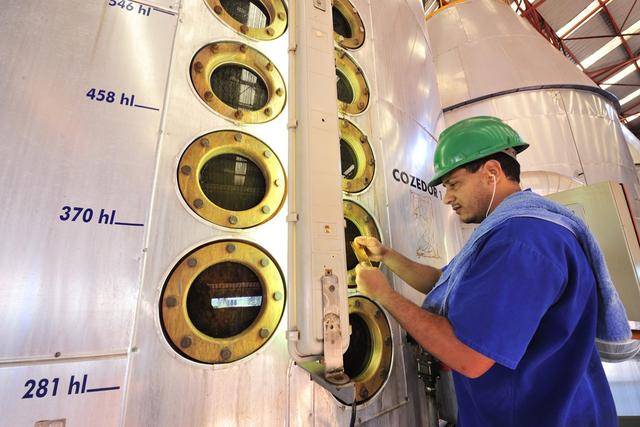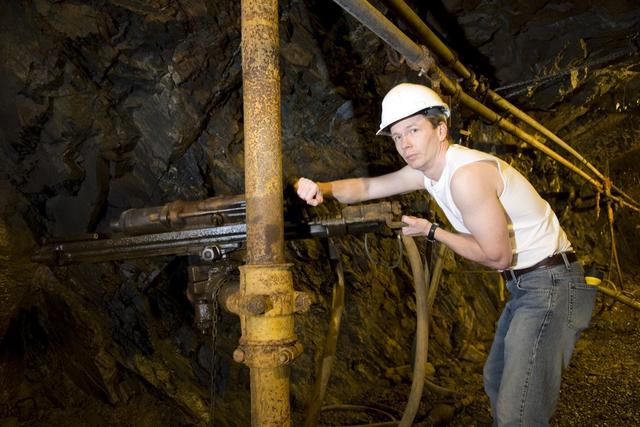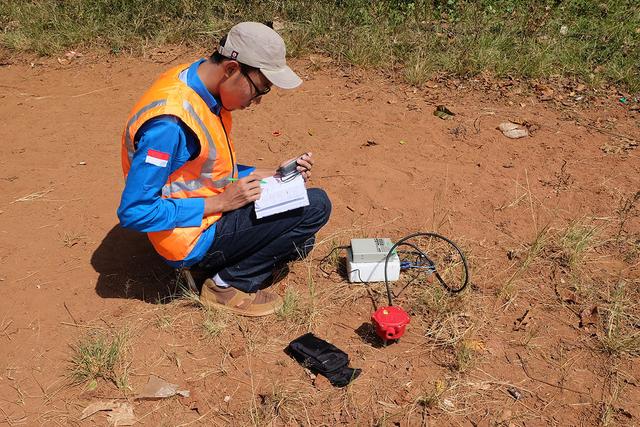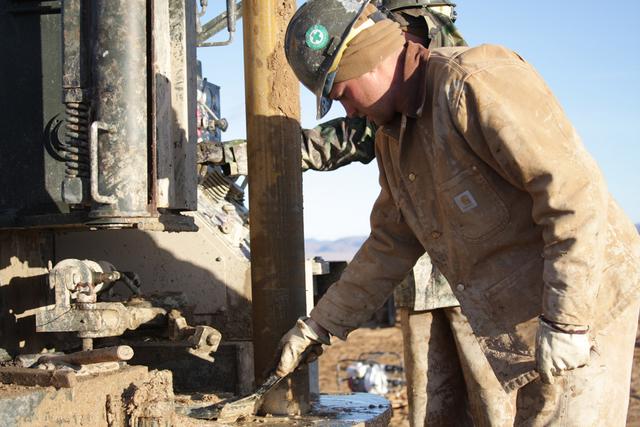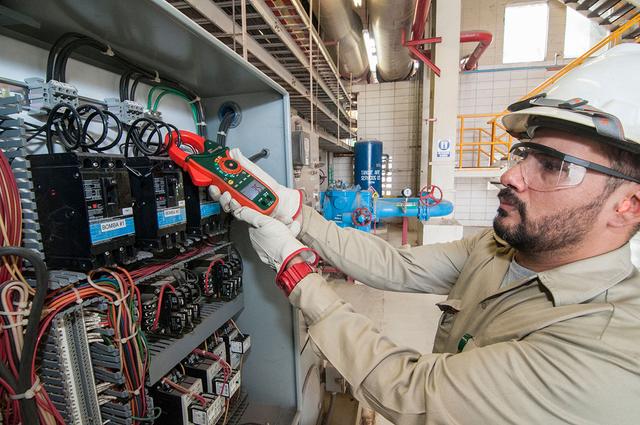Energy Brokers
Overview

Introduction
Energy brokers are the liaisons between energy producers and consumers of energy products. They work with residential or commercial energy companies. They negotiate the prices of energy products and contracts to help lower energy costs for daily operations for businesses and monthly energy bills for homeowners. Energy brokers also forecast the supply and demand of energy and monitor the flow of energy as consumer demand changes.
Quick Facts
Median Salary
Employment Prospects
Minimum Education Level
Experience
Skills
Personality Traits
Earnings
Energy brokers earned average salaries of $89,112 in 2024, according to PayScale.com. Salaries ranged from $54,000 to $131,000 or more. The U.S. Department of Labor reports that sales representatives-services (all other) earned median salaries of $64,600 in May 2023; the lowest 10 percent earned $36,430 or less and the highest 10 percent earned $143,550 or more.
Many energy brokers earn ...
Work Environment
Energy brokers work in corporate offices. They may also work for small businesses and those that are self-employed work in home offices. The work hours are usually 40 hours per week during normal business hours. Energy brokers spend much of the work day on the computer, conducting online research and e-mailing with current and prospective clients. They also speak regularly with clients by telep...
Outlook
The employment outlook is bright for energy brokers. Energy-producing companies and energy brokerage agencies will continue to need brokers to promote energy products and services to consumers. Homeowners and commercial business owners alike will continue to need the knowledge and expertise of energy brokers to help them negotiate the best energy prices and contracts. As environmental laws and ...









